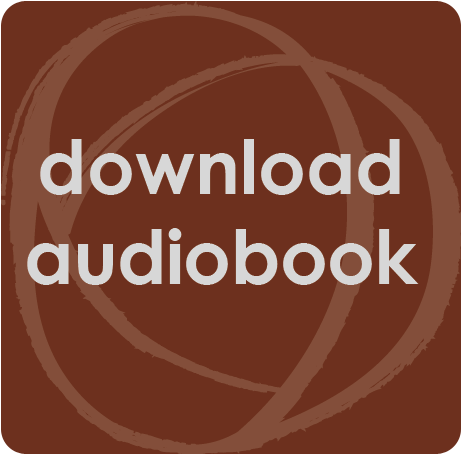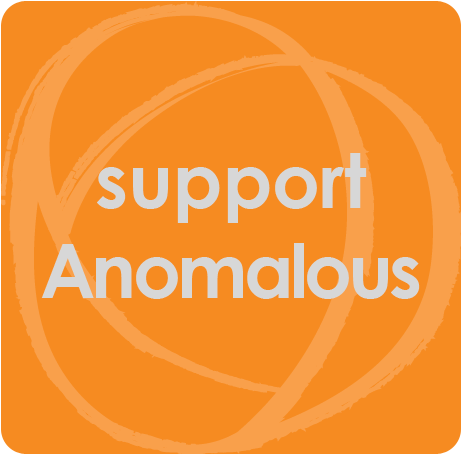The Collectors
Dana P. Diehl
We drive and drive and drive (I remember McDonalds Happy Meal toys and SpaghettiOs out of cans) and eventually end up in Maine. This is our last family vacation before I get braces with orange rubber bands and my brother starts lying about who he hangs out with after nine, but none of us knows this yet. Maine is all wind and coastline, and we share beds in motel rooms where Mom won’t let us walk on the floor in bare feet. Lice and foot fungus. Our greatest enemies. I meet a boy in the parking lot who doesn’t say much, but who can keep a basketball spinning on his finger for over a minute. I watch the humming basketball and it makes me want to tell him secrets. Sometimes I think the world is held together by power lines, I almost say. Also, I chew and chew away at my left thumbnail and sometimes I worry that I won’t be able to stop. But then Dad pulls me back inside and neither of us says anything. My family sleeps. Our scalps are clean and lice-less in the morning, and I wake up with my body curled around my mother’s like we’re hibernating squirrels, or like she’s a snail and I’m her shell. For breakfast, I am given crackers smeared in peanut butter that coats the roof of my mouth. Then, as the sun rises, we drive to the coast. I see the Atlantic for the first time, and I understand why early explorers thought the world was flat. The beach is abandoned and rocky and colorful with stones that my parents can put names to, because before my brother and I were born they were geologists. We wander, dazed, over the shore. We are blinded by the colors and the bigness of the ocean and by the clear jellyfish trapped, like large drops of water, between the stones. Without saying anything, we all think the same thing. We want to take it home with us. There are rotting-board signs near the road with warnings about removing parts of the beach. But my parents say that, just this one time, it’s okay. So, our bodies bent in the shape of “7”s, we fill up our pockets with pebbles and purple, broken shells. We are content. We sit on the rocks and my brother and I dare each other to wade in the water until our hair is full of seaweed and our underwear full of silt. But when we get tired, we go back to collecting broken shark teeth and clam shells we find in tide pools and washed up in the surf. We collect without thinking at first, and then with purpose. Soon, our pockets bulge and we drop shells in cookie-crumb trails behind us. Somehow we’ve gotten greedy. When our pockets are full, we open our palms, our canvas beach bags, our plastic lunch boxes. Mom and Dad fill up two large garden buckets that they had brought in case one of us needed to puke on the winding coastal roads. We pack them with granite and quartz and oyster shells and rocks that were once part of a volcano and the shell of a dead horseshoe crab, which we balance on the very top of everything so it won’t be crushed. There’s nothing left to fill, and suddenly we’re nervous. Mom asks Dad how often the park ranger checks the beach, and he shakes his head, looking at the road. He tells us it’s time to go. We carry our boxes and bags up to the van and load them in. The only place for the buckets is on the floor by the backseats, so my brother and I sit with our feet lifted up and rested on their edges. Dad starts the engine and rolls down the windows. The sun is a red stain on the water as we follow the street lamps down the coastline. We reach the highway. We close the windows and switch on the AC, and I drift off to sleep. When I wake, we are still on the road and the smell of salt and sea and dead sea creatures fills the van. I gag and reach for a bucket, but instead I grab the rough edge of a horseshoe crab. It stares at me with empty eyes, and I wonder what we’ve done. I run my hands over its back, over the point of its tail. I remember something I learned once but had forgotten, that the crabs predate man, flying insects, dinosaurs. I think about millions of years buried in the mud. I think about the slow passing on of genes and of an animal that grows a new shell, a new self, each year. I think about an entire world connected by lines.
Dana P. Diehl loves road trips—the highway-side tourist stops and the changing land. She is currently a senior Creative Writing major at Susquehanna University. She is the co-editor-in-chief of the national undergraduate journal, Susquehanna Review.




